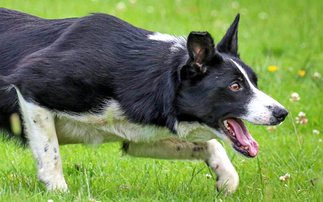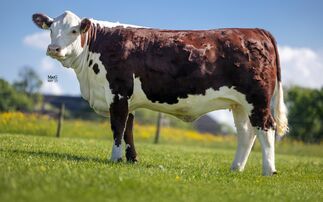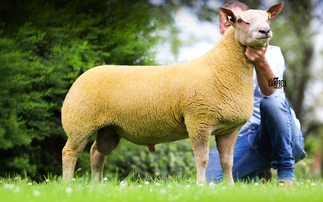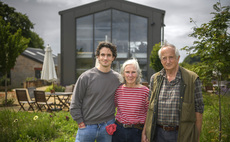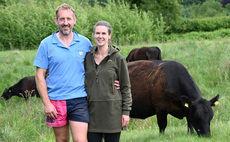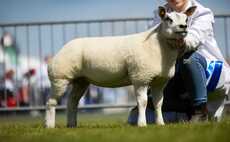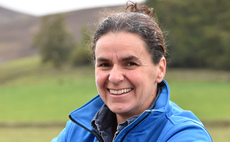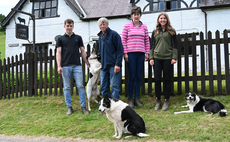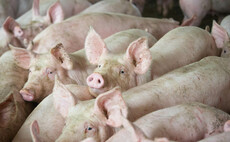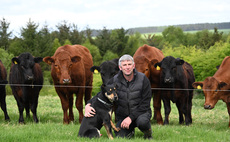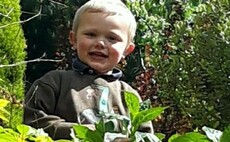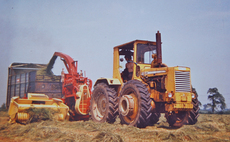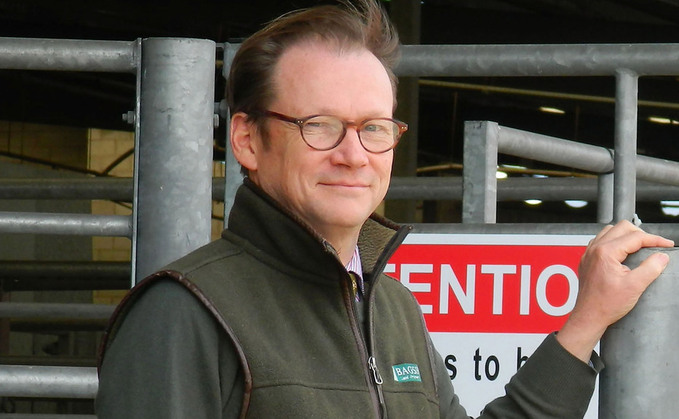
Alastair Sneddon on work through Covid-19.
May I commence my ruminations by endorsing Stephen Dennis`s comments in last week`s Íæż½ã½ã that Chris Dodds of the Livestock Auctioneers' Association (LAA) should be recognised for all that he has done for auction markets and the livestock industry.
With Mr Dodds' efforts, livestock markets have remained open during the pandemic. However, I would also like to mention the unsung heroes without whom no market could operate, namely the office and droving staff.
In a previous article I harped back to my early days as an auctioneer and made some questionable remarks about how market dress code had changed over the years.
On this occasion I want to compare the problems encountered by market staff then and now.
In former times, market clerks and cashiers needed formidable skill at mental arithmetic, particularly in the days of pound, shillings and pence.
They had long days, tasked with repetitive work without the benefit of computerisation. However, if a pencil broke you sharpened it and if there was a power cut you lit a candle and carried on.
What of today? Well, the market office team need degrees in computer science just to make it all work, they also need a very cool head in a crisis, such as when there is a power cut, the tag reader goes on the blink or somebody drops a laptop.
Add to that a considerable dose of diplomacy for dealing with a queue of increasingly impatient buyers, farmers and hauliers all wanting their appropriate paperwork.
Characters
Turning to the outside staff, when I started, the drovers included a number of characters who plied their trade at a different market every day of the week, often investing their wages in liquid refreshment at the end of the day and on occasion roosting in the straw shed between fixtures.
Their wardrobe was best summed up by the old adage `owt will fit a naked man`.
Nowadays we are fortunate to have a crack team of professional market staff, mostly with their own farming businesses, who supplement their income with market work.
They have had the benefit of the LAA `Safe Hands` master drover training programme and, in case you were wondering, are supplied with company clothing.
The modern day drover is fully aware of the need to consider the safety and welfare of man and beast and of course the service we provide to our customers, all under the watchful eye of the CCTV camera.
Cattle have changed too, when I started there were still considerable numbers of cattle tethered during the winter but, in general, many cattle were accustomed to the close proximity of humans and, as such, were easier to deal with.
Nowadays, many cattle are fed and bedded by machine and only handled for something unpleasant, such as a TB test. All this makes the drover`s job more difficult.
So much for progress.
So spare a thought for the ladies and gentlemen of our market teams who do a great job, made no easier by our current predicament.
More info
Alastair Sneddon is a senior partner at Bagshaws. Call 01629 812777 or email [email protected]







